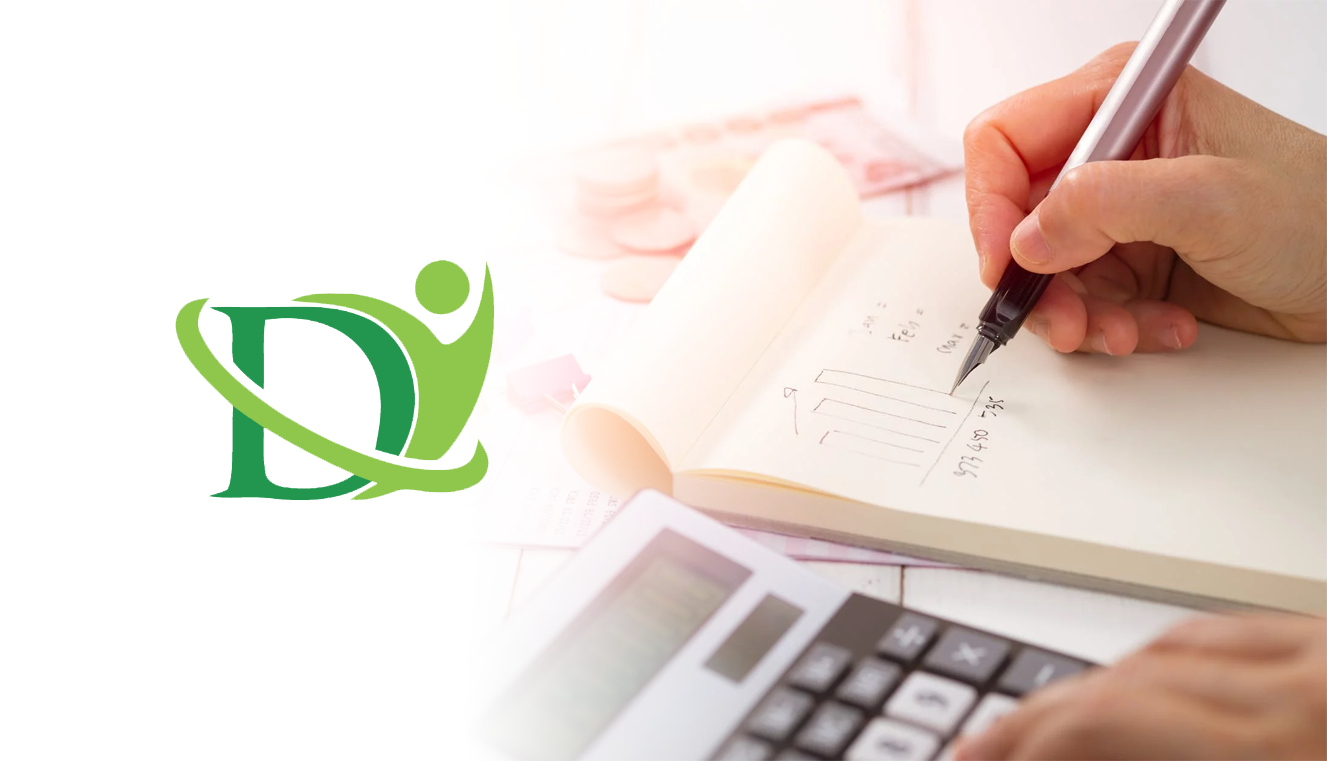
Is Debt Consolidation a Good Solution for Achieving Debt Relief
April 16, 2023
A Quick Guide to Financial Literacy and Debt Management
May 4, 2023There is no other way to say it: Paying off debt can be a daunting task, but it is not impossible. It requires discipline, patience, and a solid plan. Unfortunately, many Canadians make common mistakes that can hinder their debt repayment progress.
Read on as we discuss some of these mistakes and provide tips on how to avoid them.
Debt Mistake #1: Not Having a Budget
One of the biggest mistakes people make when paying off debt is not having a budget. A budget is a plan that helps manage your money, track expenses, and allocate income toward one’s financial goals. Without a budget, individuals may not know where their money is going, and they may overspend on things that are not essential.
One may avoid this by creating a budget that includes all income and expenses. Track spending habits and find ways to cut back on unnecessary expenses. Allocate a portion of any income towards debt repayment and stick to it.
Debt Mistake #2: Only Paying the Minimum Balance
Many people only pay the minimum balance on their credit card or loan. While this may seem like a good idea, it can actually prolong the debt repayment process and cost more in interest charges.
This can be avoided by paying more than the minimum balance on debts. Even a small increase in your payments can make a big difference in the long run. Use a debt repayment calculator to see how much can be saved by paying more than the minimum balance.
Debt Mistake #3: Ignoring High-Interest Debt
High-interest debt, such as credit card debt, can accumulate quickly and become unmanageable. Ignoring this type of debt can lead to missed payments, late fees, and damage to your credit score.
Prioritize high-interest debt and pay it off as soon as possible. Consider consolidating debt with a low-interest loan or balance transfer credit card. This can help save money on interest charges and simplify your debt repayment process.
Debt Mistake #4: Using Credit to Pay Off Debt
Using credit to pay off debt can be a trap that leads to further debt accumulation. It can also damage credit scores if payments are not made on time.
Avoid using credit to pay off debt. Instead, focus on reducing expenses while also increasing income. Consider taking on a side hustle or selling unused items to generate extra cash. Use this money to pay off your debt.
Debt Mistake #5: Not Seeking Help
Some people avoid seeking help when they are struggling with debt. This can lead to feelings of shame, anxiety, and hopelessness. However, there are many resources available to help Canadians manage their debt and improve their financial well-being.
Seek help if there are struggles and unforeseen challenges with debt. Talk to a financial advisor, credit counsellor, or debt management program. These professionals can provide guidance, support, and resources to help individuals overcome debt.
Conclusion
Paying off debt requires discipline, patience, and a solid plan. By avoiding common mistakes, such as not having a budget, only paying the minimum balance, ignoring high-interest debt, using credit to pay off debt, and not seeking help, you can make progress toward becoming debt-free. Remember to prioritize debt repayments, increase payments, and seek help if needed. With determination and perseverance, one may be able to achieve financial goals and improve financial well-being.
Are you looking for debt consultants in Canada? DebtHelpers.ca offers customized debt solutions for all Canadians who need to ease out of their financial problems. Contact us today!

